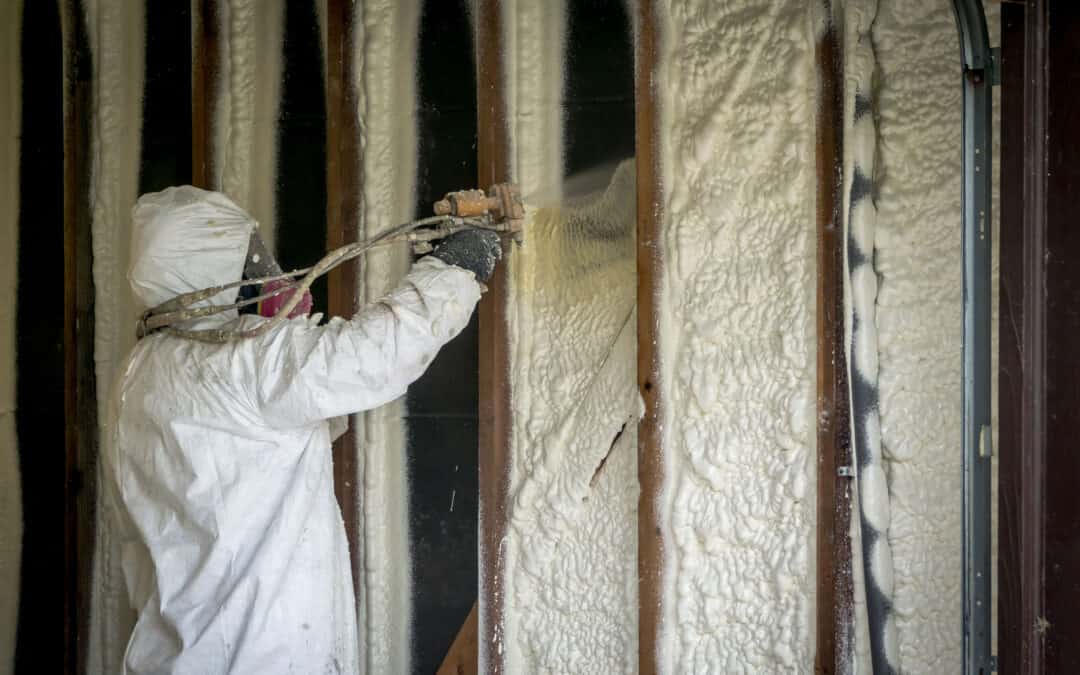Spray foam insulation is a popular choice for homeowners and businesses alike, thanks to its energy efficiency and ability to provide an airtight seal. However, choosing the right type of spray foam insulation can be a daunting task. The two primary types available are closed-cell and open-cell spray foam, each offering unique benefits and characteristics. This blog post explores the differences between these two insulation options, helping you make an informed decision for your insulation needs.
Consider Closed-Cell Spray Foam Insulation
Closed-cell spray foam insulation is characterized by its dense and rigid structure, which makes it ideal for areas requiring robust insulation. It has a higher R-value compared to open-cell foam, thus offering superior thermal resistance and acting as a barrier to both air and moisture. This type of insulation is well-suited for applications where space is at a premium, such as bathrooms or tight crawl spaces. According to Future Market Insights, the spray foam insulation market is expected to be worth around $3.56 billion by 2032, underscoring the growing preference for efficient insulation solutions like closed-cell foam.
Consider Open-Cell Spray Foam Insulation
On the other hand, open-cell spray foam is softer and more flexible, resulting in a lightweight insulation option. Its open structure allows for greater expansion, making it perfect for insulating hard-to-reach areas. While it has a lower R-value compared to closed-cell foam, open-cell insulation excels at soundproofing, thus enhancing indoor comfort by reducing noise transmission. This type of insulation is often favored in interior applications where moisture control is less of a concern.
Consider Cost
Another key difference between the two types is cost. Closed-cell insulation generally costs more than open-cell due to its higher density and superior moisture barrier properties. However, its durability and efficiency can lead to significant energy savings over time, offsetting the initial investment. Open-cell foam, being less expensive, makes for a cost-effective solution in areas where its advantages align with the building’s requirements.
The choice between closed-cell and open-cell spray foam insulation will largely depend on your specific needs and budget. Closed-cell provides excellent thermal insulation and moisture resistance, making it ideal for areas prone to dampness. Open-cell, meanwhile, offers flexibility and soundproofing benefits, suitable for interior applications with less moisture exposure. Understanding these differences ensures you select the right insulation service, optimizing your building’s energy efficiency and comfort. If you’re looking for spray foam insulation services, contact Radiant Eagle Spray Foam today!

